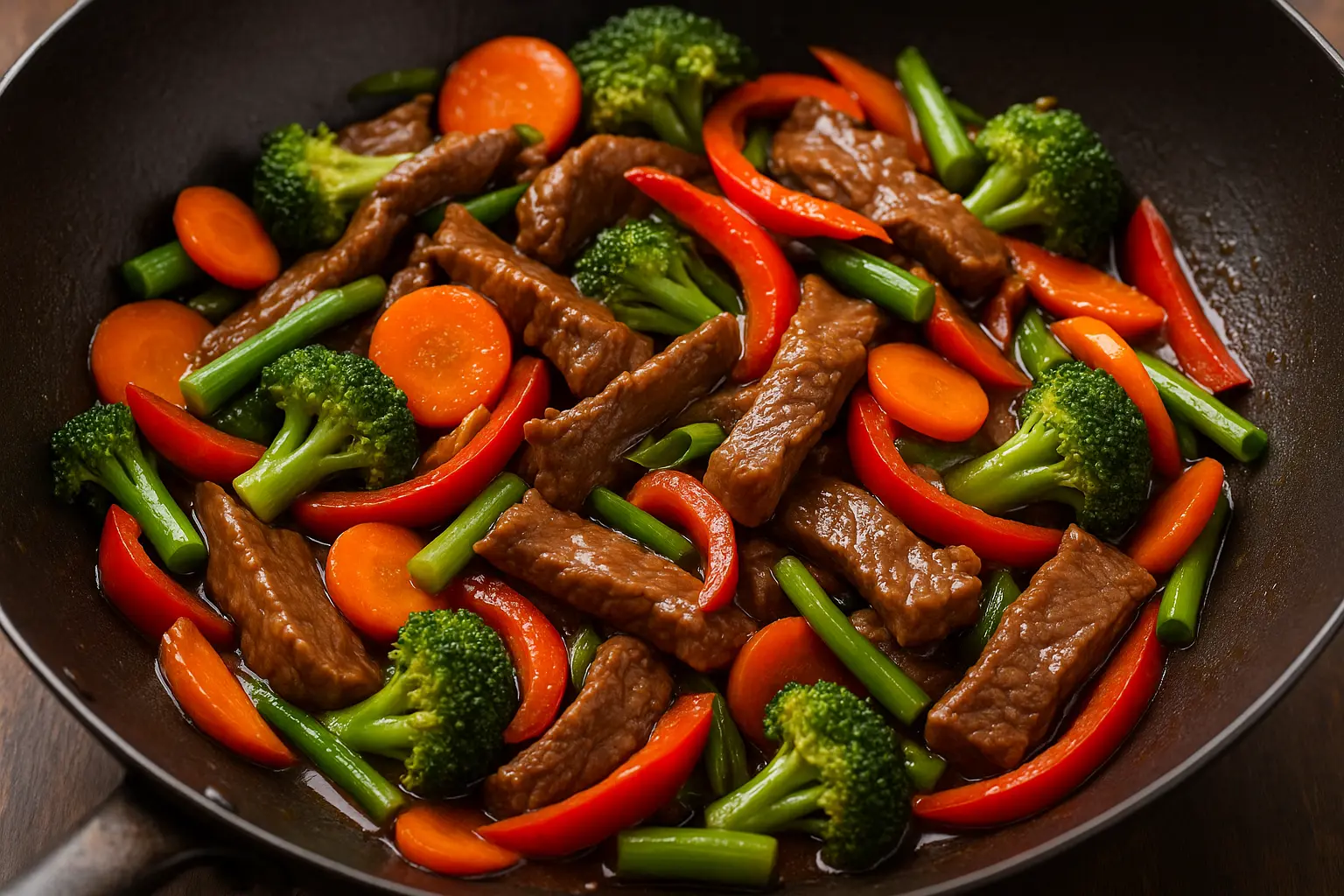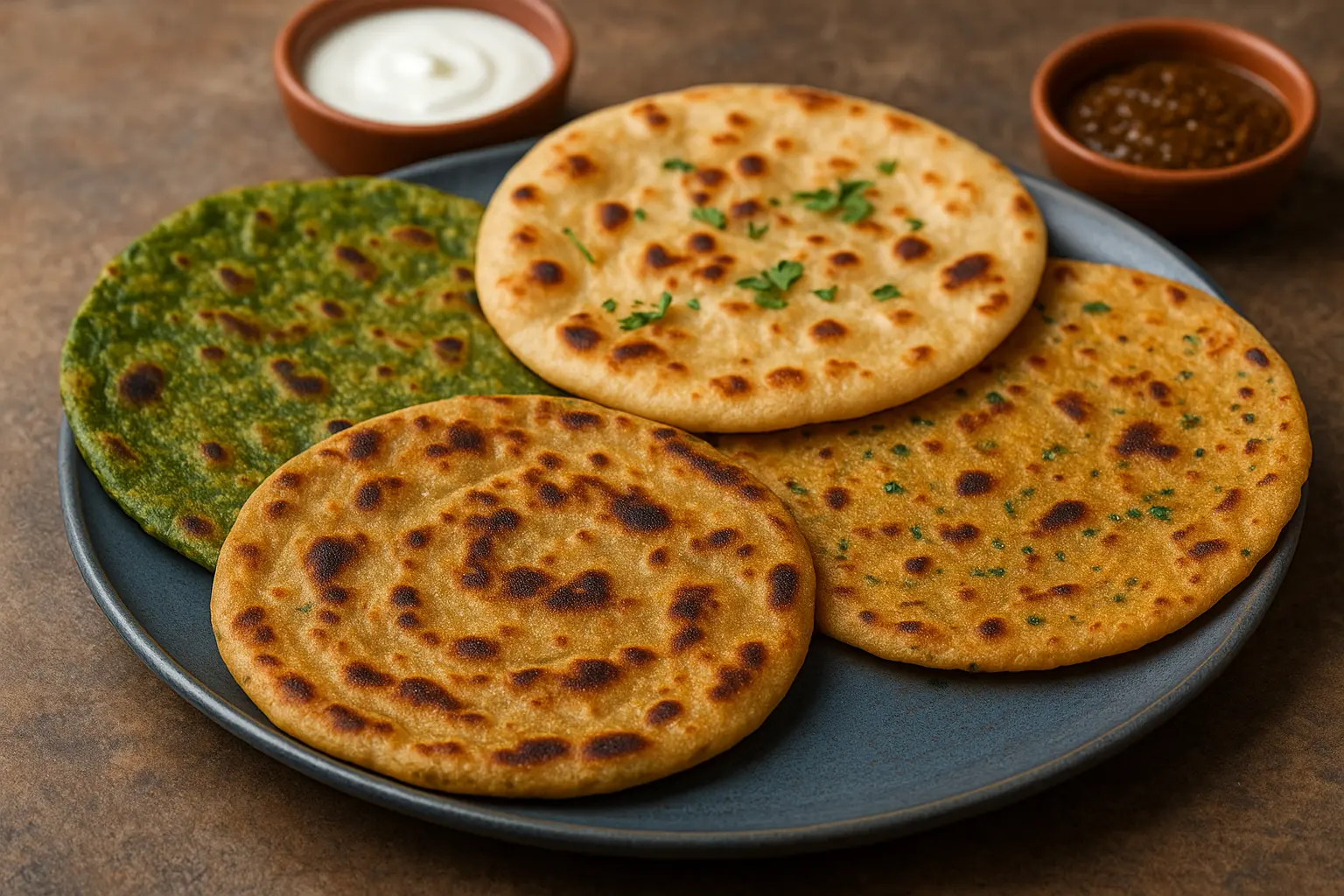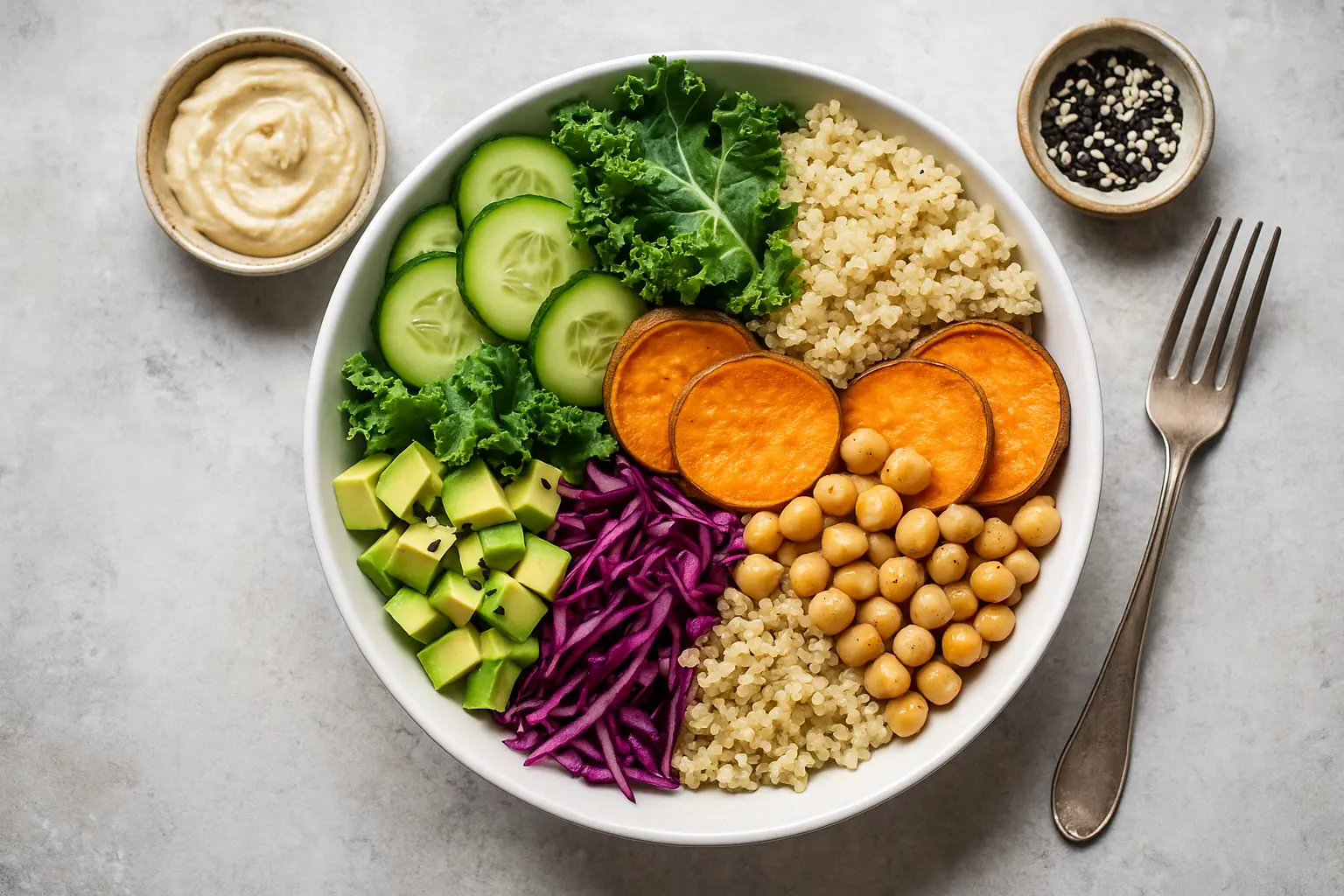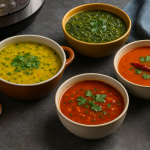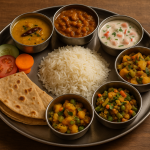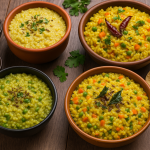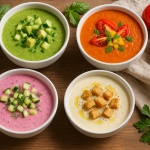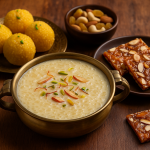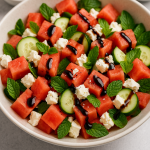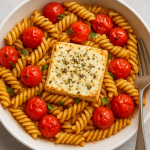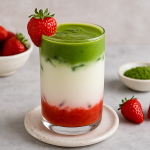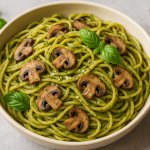Stir-frying is one of the most beloved cooking techniques in Chinese cuisine. It’s fast, it’s flavorful, and it transforms simple ingredients into vibrant, balanced meals. Whether you’re a beginner in the kitchen or a seasoned home cook, stir-fry recipes can become your go-to solution for weeknight dinners, meal prep, and even entertaining guests.
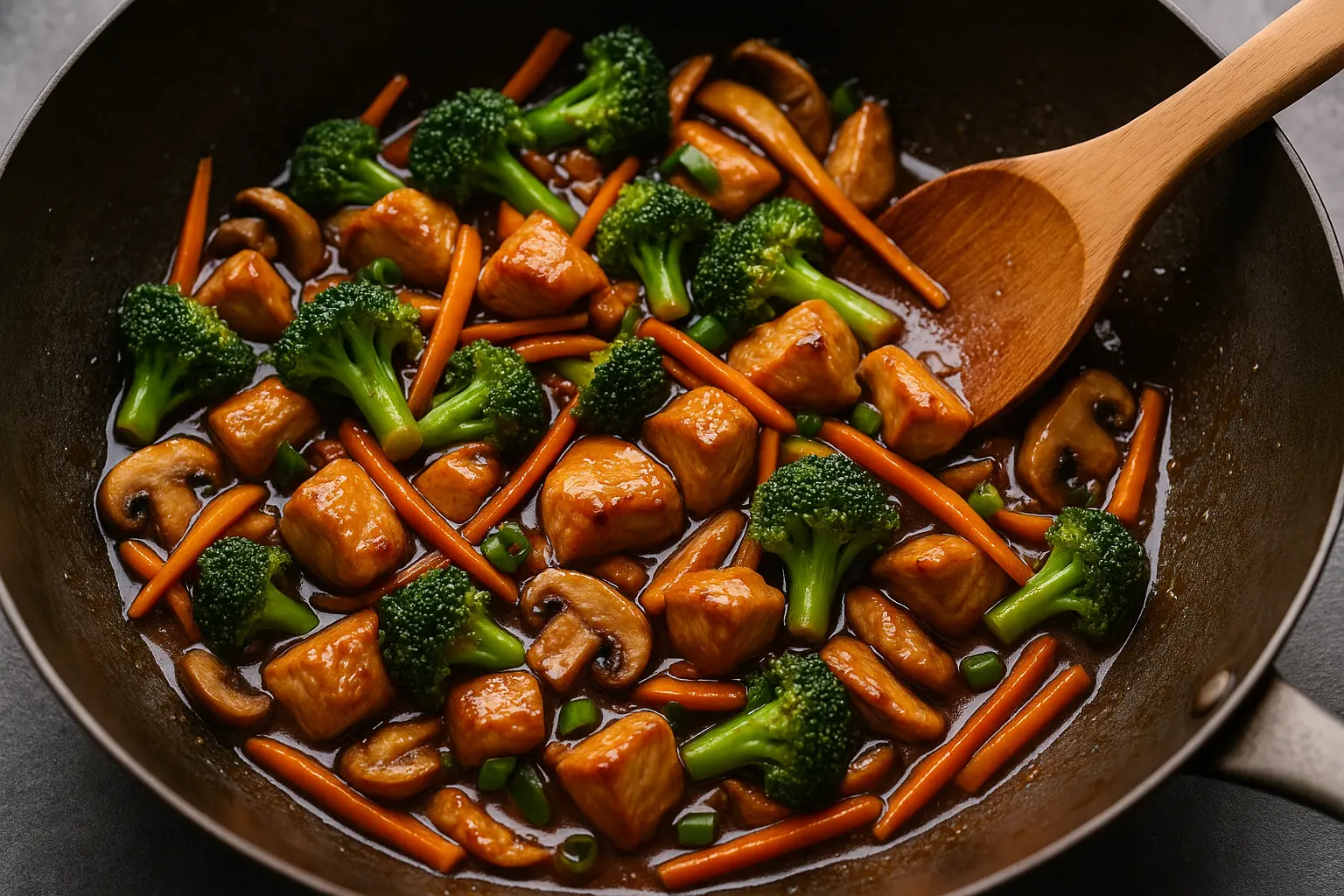
1. What Makes Stir-Frying Special?
Stir-frying isn’t just about cooking food quickly; it’s about layering flavors, textures, and colors in a single pan. The high heat seals in nutrients, keeps vegetables crisp, and creates sauces that cling beautifully to proteins and grains.
Key Benefits of Stir-Fry Cooking:
Speed: Most stir-fries take 20 minutes or less.
Versatility: Works with chicken, beef, tofu, seafood, or just vegetables.
Health: Minimal oil, nutrient-rich veggies, lean proteins.
Flavor: Sauces that balance sweet, salty, tangy, and umami.
Chinese cuisine has elevated stir-frying into an art, where every dish balances yin and yang—crisp vegetables paired with tender protein, mild flavors enhanced by bold sauces.
2. The Essential Stir-Fry Pantry
Before diving into recipes, stock up on key Chinese pantry ingredients. These staples ensure you can whip up authentic-tasting stir-fries anytime.
Core Sauces and Condiments:
Soy sauce: Light (for seasoning) and dark (for color and depth).
Oyster sauce: Adds a rich, savory umami.
Hoisin sauce: Sweet, fragrant, perfect for glazing.
Sesame oil: Finishing oil for nutty aroma.
Chili paste or chili oil: Heat and spice.
Rice wine or Shaoxing wine: Balances flavors, adds complexity.
Other Pantry Must-Haves:
Garlic, ginger, scallions (the aromatic trio).
Cornstarch (to thicken sauces).
Rice vinegar.
Brown sugar or honey (for sweetness).
Equipment:
Wok (traditional choice): Provides even heat and smoky flavor (wok hei).
Large skillet or frying pan: Works fine for home kitchens.
Spatula: Flat edge helps toss food quickly.
3. Mastering the Stir-Fry Technique
A great stir-fry depends on heat control and timing. Here’s the basic method:
Prep Everything First – Stir-frying is fast; have proteins sliced, veggies chopped, and sauces mixed before heating the wok.
Heat the Pan Until Smoking – High heat ensures a seared exterior while keeping ingredients tender.
Cook in Stages – Protein first, then remove. Vegetables next, then reintroduce protein. Finish with sauce.
Use Cornstarch Marinades – A quick coating of soy sauce, cornstarch, and rice wine keeps proteins tender.
Sauce Last – Add thickened sauces at the end to coat evenly without overcooking.
Pro tip: Don’t overcrowd the pan. Cook in batches if needed to avoid steaming instead of stir-frying.
4. Classic Chinese-Inspired Stir-Fry Recipes
4.1 Chicken and Broccoli Stir-Fry
Tender chicken breast slices cooked with crisp broccoli in a savory soy-garlic sauce.
Why it works: Balances lean protein with vegetables, family-friendly, and ready in 20 minutes.
Ingredients Highlights:
Chicken breast, broccoli florets, garlic, ginger, soy sauce, oyster sauce.
4.2 Beef and Black Bean Sauce
Strips of flank steak with bell peppers and onions in a robust fermented black bean sauce.
Why it works: Bold, earthy flavors complement tender beef perfectly.
Ingredients Highlights:
Flank steak, black bean sauce, green capsicum, onion, chili flakes.
4.3 Kung Pao Tofu
Crispy tofu cubes tossed with peanuts, dried chili peppers, and sweet-sour sauce.
Why it works: Vegan-friendly, spicy, crunchy, and satisfying.
Ingredients Highlights:
Firm tofu, peanuts, soy sauce, vinegar, sugar, dried red chilies.
4.4 Shrimp with Garlic Sauce
Juicy shrimp stir-fried with vegetables in a garlicky, slightly spicy sauce.
Why it works: Quick-cooking seafood that absorbs flavors beautifully.
Ingredients Highlights:
Shrimp, garlic, broccoli, zucchini, soy sauce, chili paste.
4.5 Vegetable Lo Mein Stir-Fry
Noodles stir-fried with colorful vegetables and savory soy-based sauce.
Why it works: A one-pan carb-and-veg dinner with endless customization.
Ingredients Highlights:
Egg noodles, bok choy, carrots, mushrooms, bean sprouts, soy sauce, sesame oil.
5. Modern & Creative Variations
Stir-fries adapt beautifully to dietary needs and modern twists.
Low-Carb Option: Replace noodles with zucchini spirals or shirataki noodles.
Gluten-Free: Use tamari instead of soy sauce.
Keto-Friendly: Focus on protein and leafy greens, avoid cornstarch.
Vegetarian/Vegan: Tofu, tempeh, or mushrooms as protein base.
High-Protein: Double the meat or tofu, add edamame or chickpeas.
6. Building the Perfect Stir-Fry Sauce
A foolproof formula:
1 part salty: Soy sauce, tamari, fish sauce.
1 part sweet: Honey, sugar, or hoisin.
1 part tangy: Rice vinegar, lime juice.
1 part umami/savory: Oyster sauce, black bean paste, mushroom soy.
Optional heat: Chili oil, sriracha, crushed red peppers.
Mix in advance, thicken with cornstarch slurry, and add at the end.
7. Meal Prep & Batch Cooking
Stir-fries are perfect for weekly meal prep.
Prep proteins in advance: Slice chicken, beef, or tofu, and store in marinade.
Chop vegetables: Store in airtight containers for quick access.
Make sauces: Mix and refrigerate for up to a week.
Reheat strategy: Always reheat stir-fries quickly on the stovetop to retain texture.
8. Tips for Cooking Like a Chinese Restaurant
Wok Hei: Heat the wok until nearly smoking for that smoky, charred flavor.
Small Batches: Don’t crowd the pan.
Oil Choice: Use neutral oils with high smoke point (peanut, canola, sunflower).
Timing: Add delicate greens last; root vegetables first.
Finishing Touches: A drizzle of sesame oil and a sprinkle of fresh scallions elevate the dish.
9. Common Mistakes to Avoid
Using too much sauce (leads to soggy stir-fries).
Skipping the marinade (proteins turn tough).
Overcooking vegetables (they lose crunch and color).
Starting with cold oil or pan (ingredients stick, lack sear).
10. Sample Weekly Stir-Fry Meal Plan
Monday: Chicken & Broccoli Stir-Fry with Jasmine Rice.
Tuesday: Shrimp Garlic Stir-Fry with Bok Choy.
Wednesday: Tofu Kung Pao with Steamed Rice.
Thursday: Beef Black Bean Stir-Fry with Noodles.
Friday: Mixed Veggie Stir-Fry with Egg Fried Rice.
Saturday: Mushroom & Baby Corn Stir-Fry.
Sunday: Leftover Stir-Fry Bowl (mix & match).
Conclusion
Stir-frying is more than a cooking method—it’s a celebration of speed, balance, and flavor. By mastering simple techniques, keeping essential pantry items on hand, and experimenting with classic and modern recipes, you can enjoy authentic Chinese-inspired meals in minutes.
Whether you’re cooking for family, friends, or just yourself after a long workday, quick stir-fry recipes make dinner not only effortless but also deliciously rewarding.
Leave a comment
Your email address will not be published. Required fields are marked *


